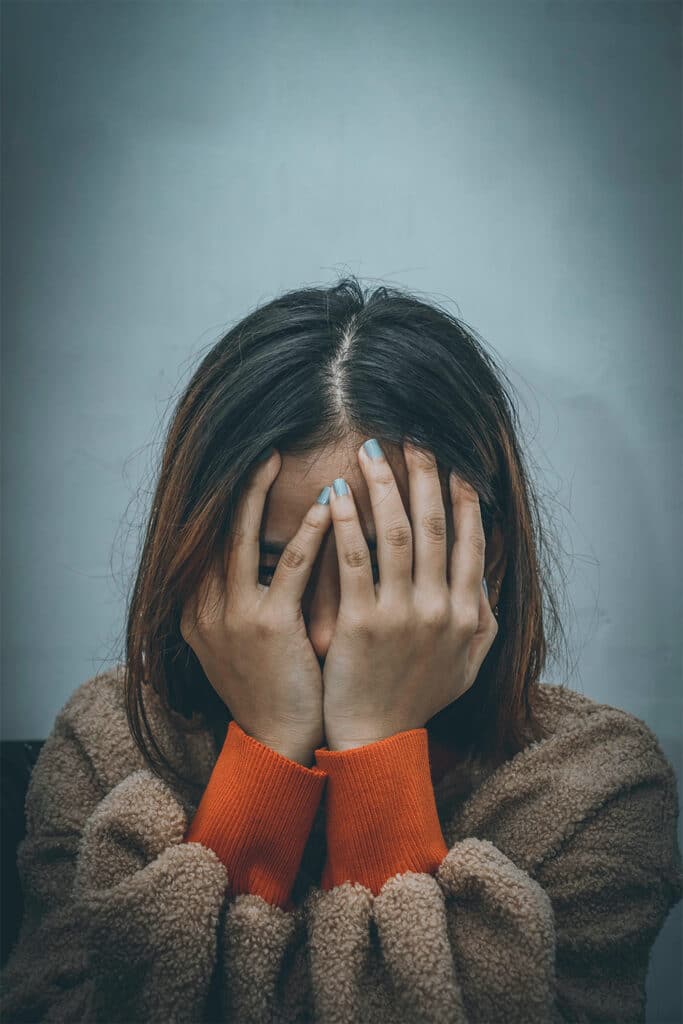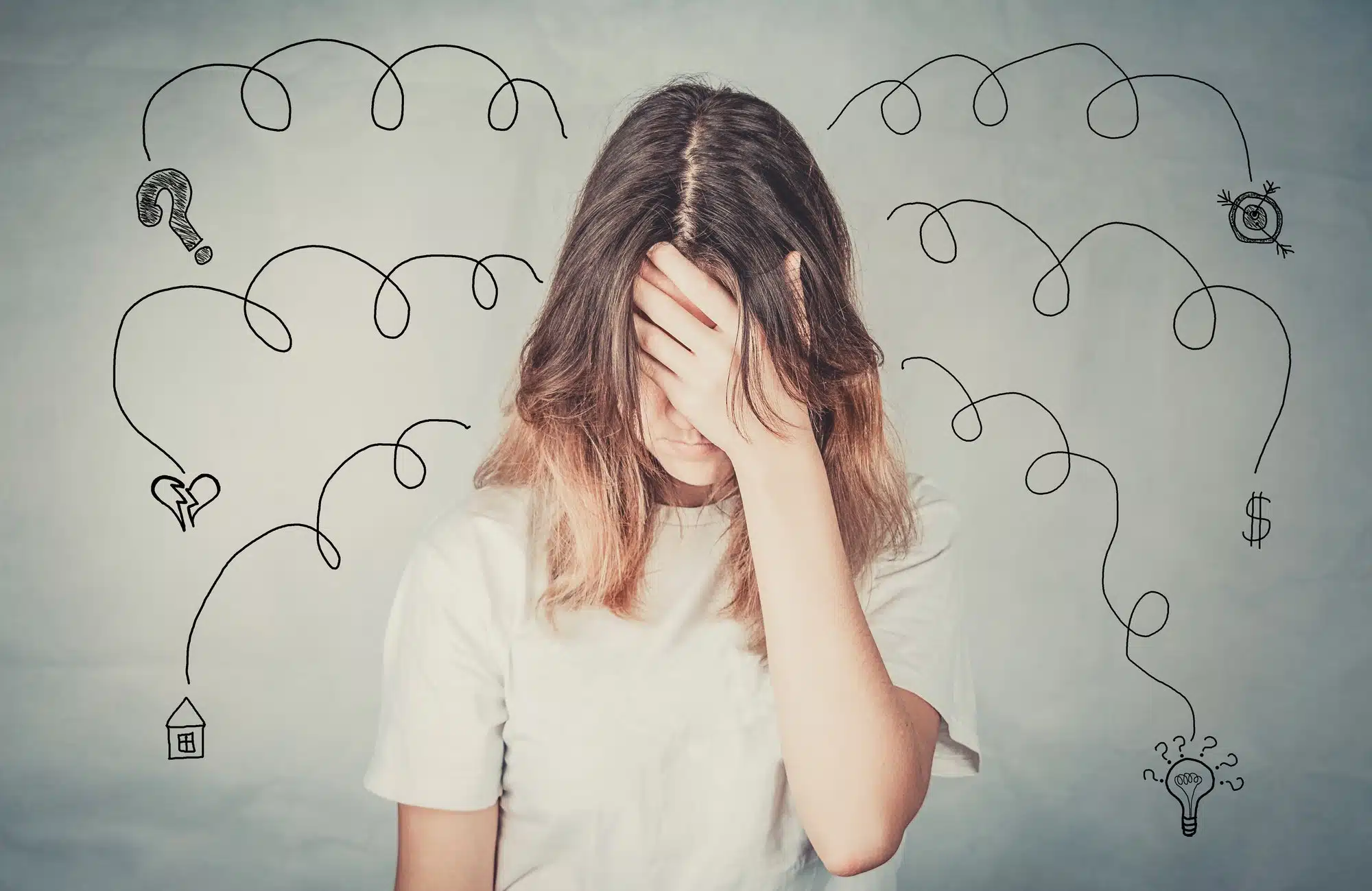Mental Health is a term that is used to express a person’s psychological and emotional wellbeing. Mental Health Disorders are a diverse set of issues that affect a person thinking, behavior, and emotional nature. It is very important to maintain your mental health especially in todays trying times. These are some examples that could possibly be affecting your mental health in a negative way - work stress, financial issues, trauma, loneliness, social disadvantages, isolation, domestic violence, bullying, unemployment, sleeping problems, alcohol use, drug use, home stress, divorce, loss of a loved one, and more. With so much happening in the world, it is very important to maintain your mental health with the help of mental health professionals.
Mental Health America reported that 19.86% of adults experienced mental health issues in 2019 alone, that’s nearly 1 out 5 adults in America struggling with mental health issues at any given time. Wow! That’s a lot of people suffering and during the Covid-19 pandemic those numbers only continue to increase. We need more mental health resources now than ever. Our job at Iris Wellness Group is to do our absolute best to confront this growing need for outpatient mental health therapy providers in the Chattanooga, Tennessee, area.
Iris Wellness Group specializes in outpatient mental health therapy treatment and can help you discover a recovered version of yourself. You deserve to be happy.
Techniques to help enhance your mental health- mental health treatment, individual counseling, gratitude list, exercise, focus on what’s right with you, breathing exercises, meditation, prayer, yoga, acts of service, journaling, take a walk, focus on being present, join a 12 step group, eat healthy, drink water, get a good night's sleep, surround yourself with good people, avoid alcohol, avoid drugs, set positive attainable goals, and try to be positive.
Broadly, mental disorders are categorized into two groups: Any Mental Illness (AMI) and Serious Mental Illness (SMI). AMI encompasses all mental health conditions, ranging from mild to severe impairments. On the other hand, SMI pertains to disorders that severely hinder an individual's daily functioning.

















